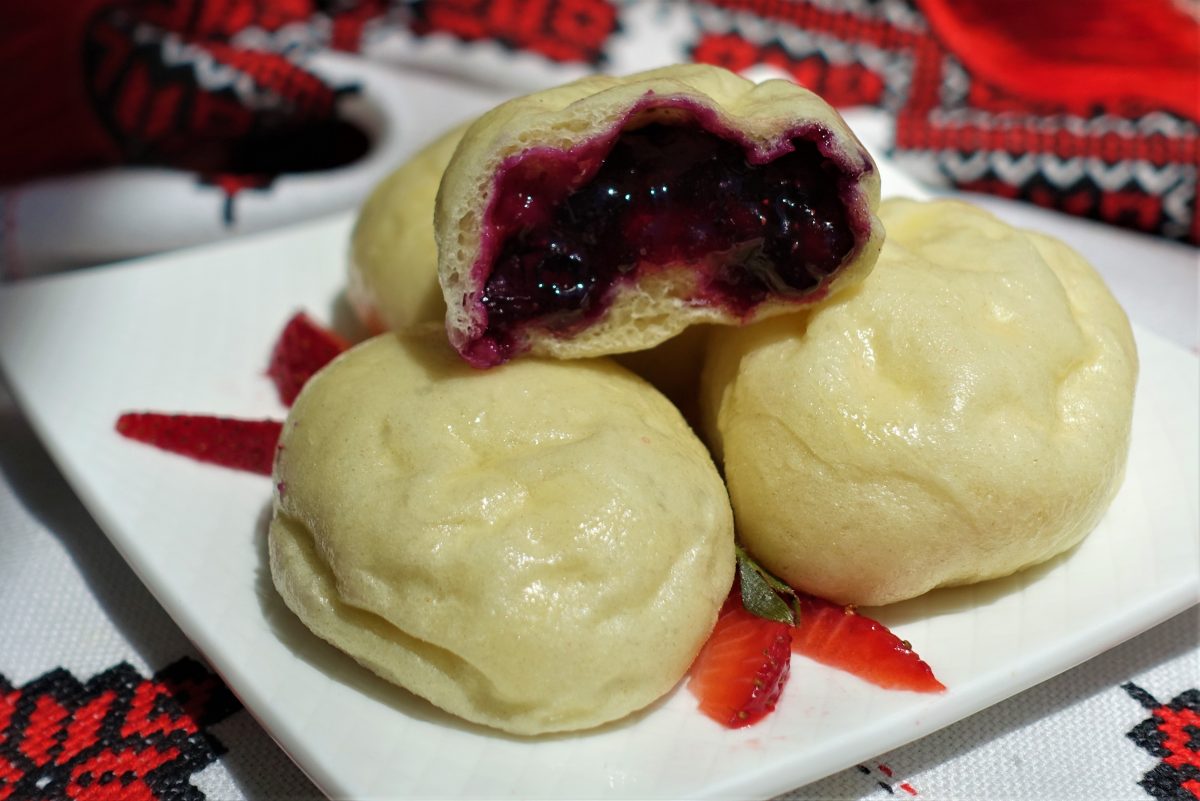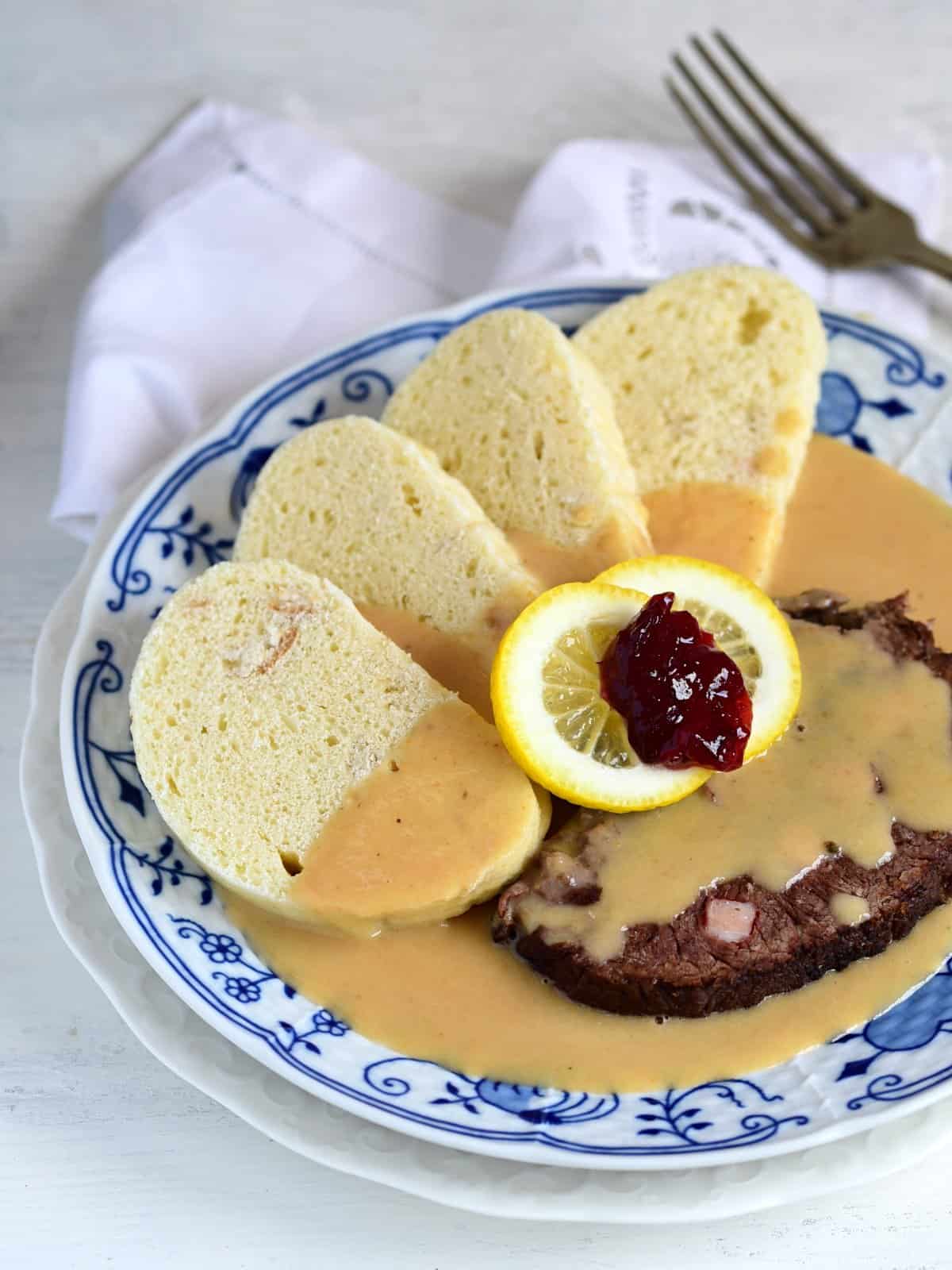
The Historical Context of Food & Newfound Freedom – Czech Republic
By:
Published:
Countries
Demographics
Regions
The time has come for my program to begin. Unlike many study abroad programs, mine involves learning about the Czech Republic in the classroom at my home university, the University of Washington, before embarking on an experiential learning trip in Prague. As mentioned in my pre-departure vlog, I have been learning about the psychological processes of food and culture as well as the cultural nature of human development. Long before this program, I have been amazed at the cultural differences in our global community. Processes of life such as the food we eat, our emotions and motivations regarding eating, and our food habits are not universal. The same can be said for the ways in which we develop throughout the lifespan. This program has taught me that our cultural differences are heavily influenced by our histories, economic processes, politics, traditions, beliefs, and the communities we participate in.
For Czechs, their food culture has been heavily impacted by their recent history under Soviet rule from 1948 to 1989. For over four decades, the Czech Republic was forced to endure a limited supply of food and spent a large portion of their daily lives waiting in food queues outside of local food supply shops. The reality of life under Soviet control meant that Czechs were no longer eating as a means of culinary creativity or pleasure, their food habits and preferences became limited to a matter of survival. During this time, it did not matter how much money you made, as most made relatively the same amount, instead it was left to chance. ‘Will I be able to come home with the ingredients necessary to feed my family a well-nourished meal today?’ was a question on many Czechs’ minds during this time, as food shops often sold out by noon every day. Although the Czech Republic has gained its independence, the memory of the food queues remains vividly in the minds of Czechs.
As the Czech Republic achieved its long-awaited independence it opened doors to new opportunities to reinvent their food culture and bring back meaning to their kitchens. Since 1990 the Czech Republic has been introduced to a wide array of international cuisines, western-style supermarkets, and culinary creativity. Their communities are free to reinvent staple foods by incorporating ingredients they were forced to live without for much of the twentieth century. During our first week in Prague, my classmates and I will be taken on a food tour hosted by Taste of Prague, a well-known food business that seeks to bring joy to everyday eating. A review of the many foods I will be trying is soon to come, but for now, I hope you enjoy a couple of pictures of Czech dishes that bring both substance and joy to the local community in Prague.

